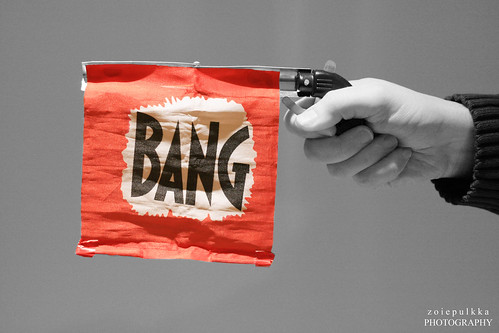This reading was coincidentally assigned at the perfect time. This morning in a religion class that I’m in, we started talking about Mormonism, which somehow led into a discussion about Scientology. As embarrassed as I am to say this, I was able to recite the basic histories and beliefs of both religions – because of South Park. In fact, I think a lot of the people in the class felt the same way. Later today when I started reading the article, I realized just how much Baym’s ideas relate to my method of getting news.
CNN is probably the TV channel I watch most; in my apartment it is almost always on in the background, or at least on mute. In spite of this, I honestly feel like I learn, understand, and retain information much better from shows like The Daily Show or South Park that take issues that are being discussed in the news and present them in a more entertaining way. For instance, when Scientology became popular among celebrities, South Park took that idea and used iconic figures such as Tom Cruise, Nicole Kidman, and John Travolta to essentially report the same news story, but in a much more memorable way.
There aren't any clips of these episodes on YouTube that I can embed, but here are the links to both of the full episodes: Trapped in the Closet & All About the Mormons.









